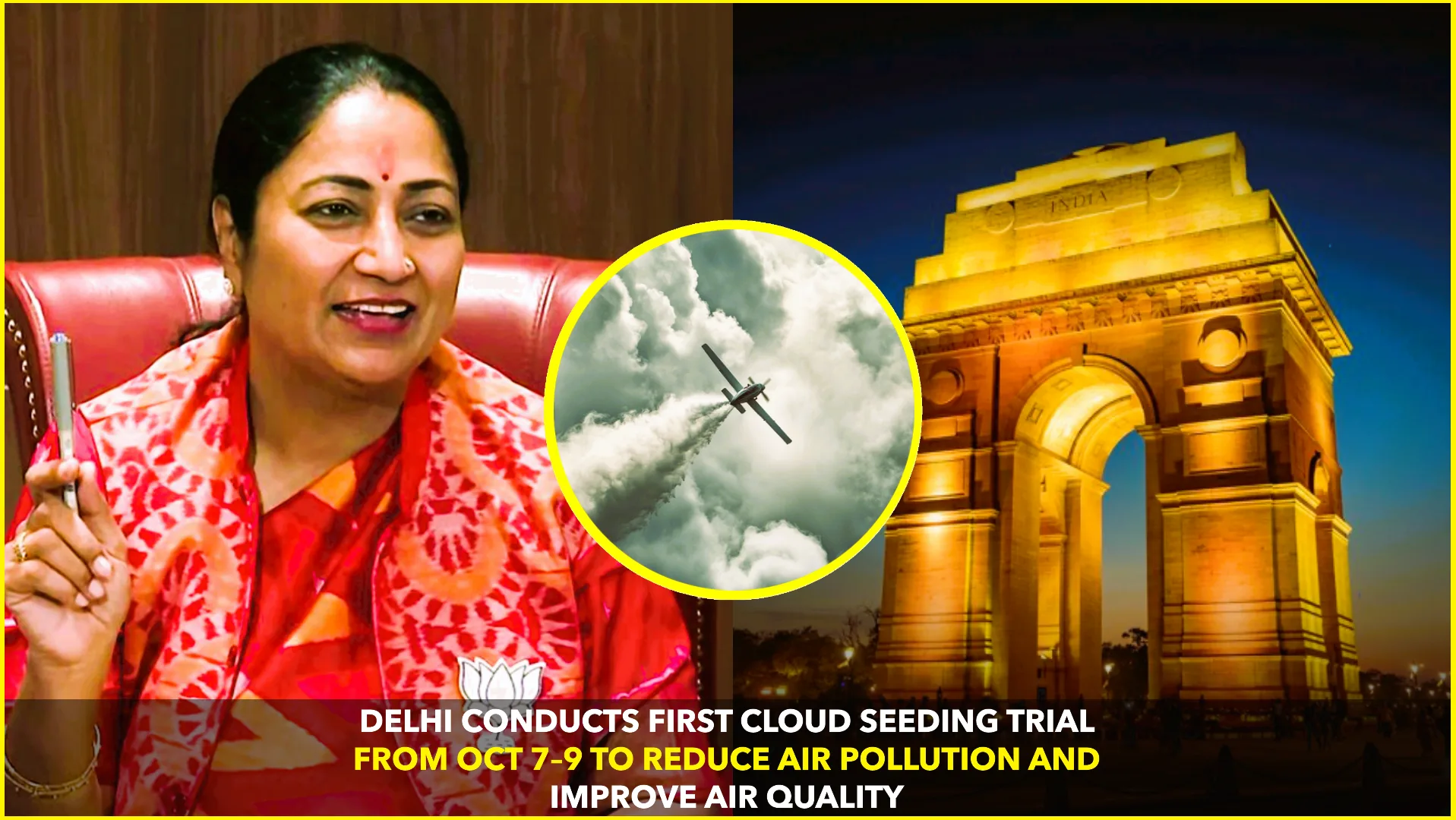In a significant political development, the Bharatiya Janata Party (BJP) has appointed Rekha Gupta, the Member of Legislative Assembly (MLA) from Shalimar Bagh, as the new Chief Minister of Delhi. This decision comes on the heels of the BJP’s recent victory in the Delhi state elections, marking the party’s return to power in the capital after a 27-year hiatus.
A Historic Appointment
Rekha Gupta’s elevation to the Chief Minister’s office is noteworthy, as she becomes the fourth woman to hold this position in Delhi’s history. Her appointment reflects the BJP’s commitment to promoting female leadership in Indian politics, a realm where women have been traditionally underrepresented. Currently, Mamata Banerjee of West Bengal is the only other female Chief Minister in the country. apnews.com
Political Journey and Background
Born on July 19, 1974, in Julana, Haryana, Rekha Gupta’s foray into politics began during her academic years. She pursued a Bachelor of Commerce from Daulat Ram College, Delhi University, and later obtained a Bachelor of Laws (LLB) from Chaudhary Charan Singh University, Meerut. Her political career was initiated through active involvement with the Akhil Bharatiya Vidyarthi Parishad (ABVP) during her college days. Her leadership skills were soon recognized, leading to her election as the President of the Delhi University Students’ Union (DUSU) in 1996.
Gupta’s political trajectory continued to ascend as she served as a councillor for Uttari Pitampura (Ward 54) in 2007 and 2012. She also held the position of General Secretary of the BJP’s Delhi state unit and was a member of the party’s National Executive. Her dedication to public service and grassroots engagement culminated in her election as the MLA from Shalimar Bagh in the 2025 assembly elections, where she defeated Aam Aadmi Party’s Bandana Kumari by a margin of 29,595 votes. en.wikipedia.org
Challenges and Commitments
As she assumes office, Chief Minister Gupta is poised to address several pressing issues facing Delhi. Foremost among these are the persistent challenges of air and river pollution, which have significant health and environmental implications for the city’s residents. Additionally, the capital’s infrastructure requires substantial upgrades to meet the demands of its burgeoning population. The BJP’s election manifesto promised improvements in public education, free health services, and reliable electricity supply. Gupta has expressed her commitment to fulfilling these pledges, emphasizing a governance model that prioritizes transparency, efficiency, and public welfare.
A New Era in Delhi Politics
The BJP’s return to power in Delhi signifies a shift in the city’s political landscape. The party secured 48 out of 70 seats in the local assembly, effectively displacing the Aam Aadmi Party (AAP), which managed to secure 22 seats. This victory is particularly significant for the BJP, as it regains control of the capital after nearly three decades. The party’s success can be attributed to its focused campaign addressing local issues and its strategic promises aimed at improving the quality of life for Delhi’s residents. apnews.com
Personal Life and Inspirations
Beyond her political endeavors, Rekha Gupta’s personal life reflects her commitment to social service. Married to Manish Gupta since 1998, she is a mother of two and has been actively involved in various community initiatives. Her early association with the Rashtriya Swayamsevak Sangh (RSS) and the ABVP has instilled in her a strong sense of duty towards societal development. Throughout her career, she has championed causes related to women’s empowerment, child welfare, and education. Notably, she launched the “Sumedha Yojana,” a scheme aimed at supporting economically disadvantaged female students in pursuing higher education.
Looking Ahead
As Chief Minister Rekha Gupta embarks on her tenure, the citizens of Delhi anticipate a governance approach that blends experience with a fresh perspective. Her extensive background in grassroots politics, combined with her commitment to addressing core urban issues, positions her to lead the capital towards a trajectory of sustainable development and inclusive growth. The coming years will be pivotal in determining how effectively her administration can translate electoral promises into tangible outcomes for the diverse populace of Delhi.










